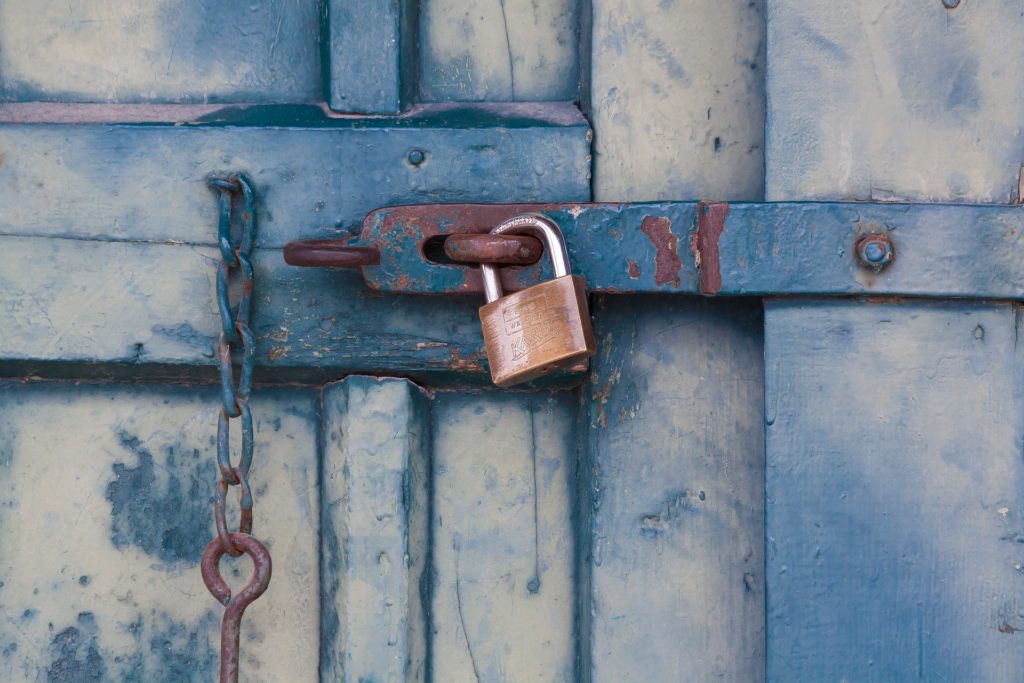“My lawyer has all that” or “it’s in the safe!” is the answer I often get when I ask my patients whether they have an advance directive.
These words are often accompanied by a dismissive wave and tone that says, “I took care of that and I don’t want to think about it again.” Here’s my response: your advance directive should be everywhere except the safe. The goal of a safe is to keep items private, inaccessible, and in only your hands. That is the opposite of what an advance directive should be. Your advance directive should be easily found by a number of people, including your family and healthcare team. Remember, an advance directive is often needed in an urgent medical setting when your family is caught off guard and exhausted.
Additionally, your attorney actually has very little reason to be the only safe keeper of your advance directive. Attorneys are typically not available to retrieve a copy for doctors and family outside of normal business hours, on weekends, or holidays. An advance directive is essentially a public document, especially if you have a Do Not Resuscitate (DNR) order (read more on that here).
Your advance directive should be like glitter once the container is opened; you keep finding it places long after you thought you put it away. Well, maybe that’s a stretch, but it should be easily found by those looking for it.
This brings me to the question: what should you do once you’ve completed your advance directive? Once your advance directive is completed, signed, witnessed, and, most importantly, discussed with your medical Power of Attorney (learn more about choosing your POA here), there are a few more steps to take.
Make copies and disperse to:
- POA
- Back up POA
- Your home – somewhere available – and tell your POA where it can be found. If you have a DNR order, this should go on your fridge or in your entranceway
- Your Primary Care Physician (PCP)
- Some states have a registry where you can upload it
- Your estate/family attorney
- You can carry a card in your wallet indicating you have an advance directive and where it is kept
- Your safe, but no one will find it there when it matters
Also, even if your attorney “has it all,” your POA should still know what your advance directive says, since you’ve discussed it with them. Remember, the advance directive is often called upon at non-opportune times (not during business hours Monday-Friday) so your POA needs to be ready to act without waiting for a attorney’s office to open at 9 AM on a Monday. In fact, it is best if your POA has a deep enough understanding of your medical wishes such that the advance directive is merely a document to reference, rather than a recipe for them to follow.
